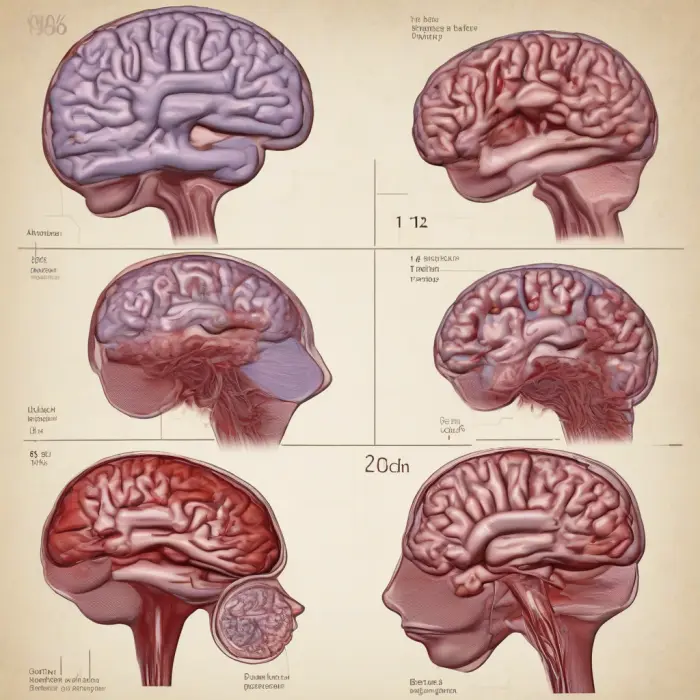Fascinating Facts About the Influence of Music on the Brain
Music, one of humanity's universal languages, continues to amaze scientists with its significant impact on the human brain. With numerous studies carried out over the years, we have learned how music stimulates brain functionality in unprecedented ways, enhances cognitive skills, and contributes to emotional wellbeing. Here are some remarkable findings:
1. Music Activates the Entire Brain
When you listen to your favourite tune, it isn't just your auditory cortex that's processing the sounds. Research shows that music activates multiple areas of the brain simultaneously, including those responsible for movement, planning, attention, and memory.
2. Music Can Improve Memory
Studies have shown that music can enhance memory and learning, a phenomenon often known as the 'Mozart Effect.' This is often why young children learn their alphabet by singing, and why students might listen to music when studying.
3. Music Enhances Mood
Music's influence on the brain doesn't stop with memory; it also plays a significant role in mood regulation. It can incite intense emotions, from euphoria to sadness, activating areas of the brain related to pleasure and reward.
4. Music Can Boost Workouts
Motivating music enhances physical performance by altering the brain's perception of effort and energizing the body. A well-selected playlist can increase endurance, boost mood, and make exercise more enjoyable.
5. Music Can Support Language and Communication
Considered as a form of non-verbal communication, music nurtures the brain’s language skills. It can help improve vocabulary, reading abilities, sound recognition, and even benefits speech-impaired and stroke patients by improving neural plasticity.
6. Music Helps the Brain Recover
Music therapy has been proven beneficial in treating several neurological conditions, including stroke, dementia, Alzheimer's, and Parkinson's disease. It aids in recovery by improving motor control and emotional functions, enhancing the quality of life of patients.
Conclusion
The influence of music on the brain is profound and extends beyond simple enjoyment. Its ability to enhance cognitive abilities, regulate emotions, stimulate memory, and assist in therapy is a testament to the intricate interplay between music and human consciousness. As we continue to explore this relationship, the findings will offer invaluable insights into cognitive neuroscience and the therapeutic potential of music.
In the end, whether you're a professional musician or someone who just enjoys a good song now and then, it's undeniable that music holds power, swaying moods, evoking memories, and even shaping our brains in ways we are only beginning to understand.










